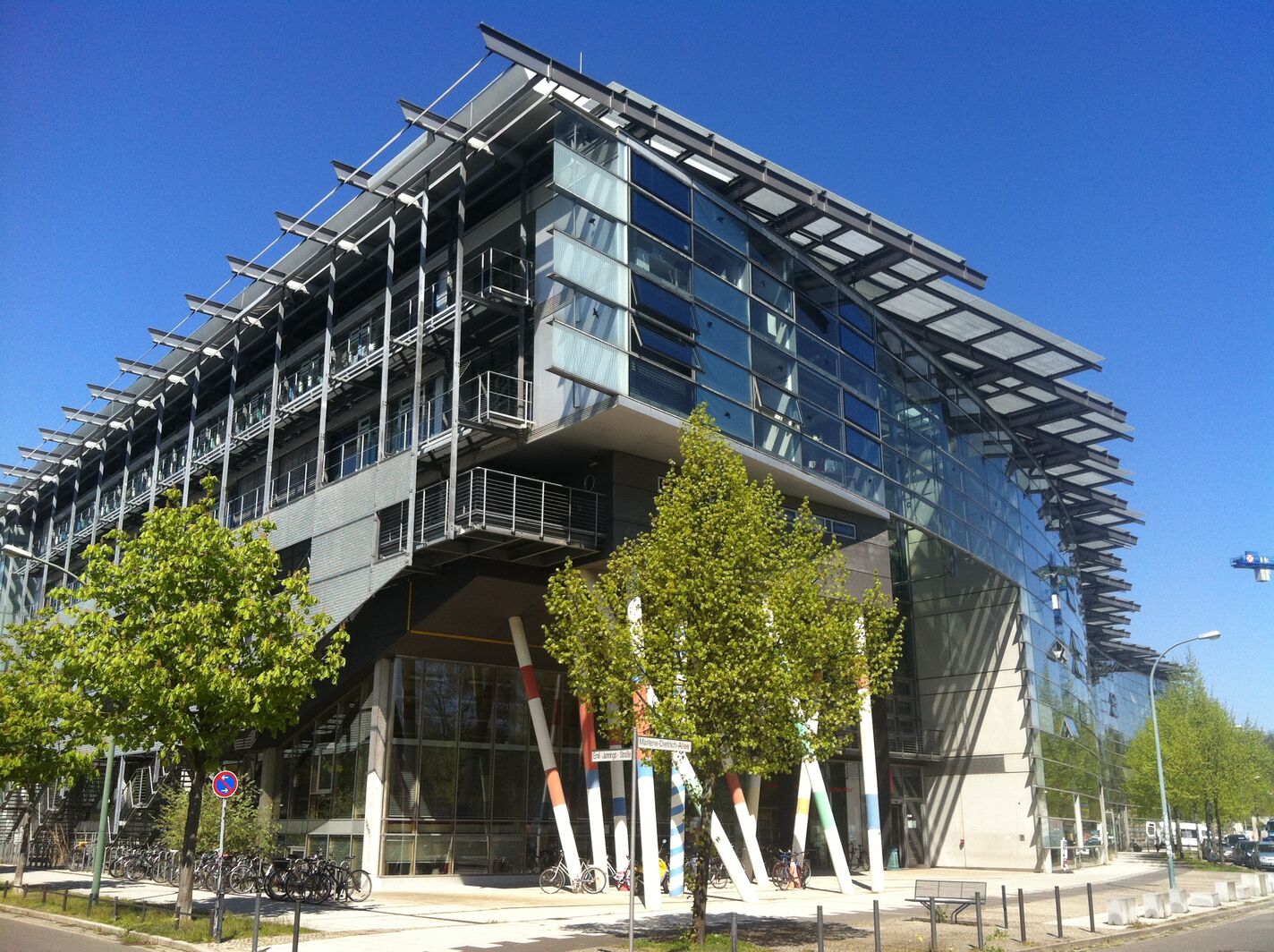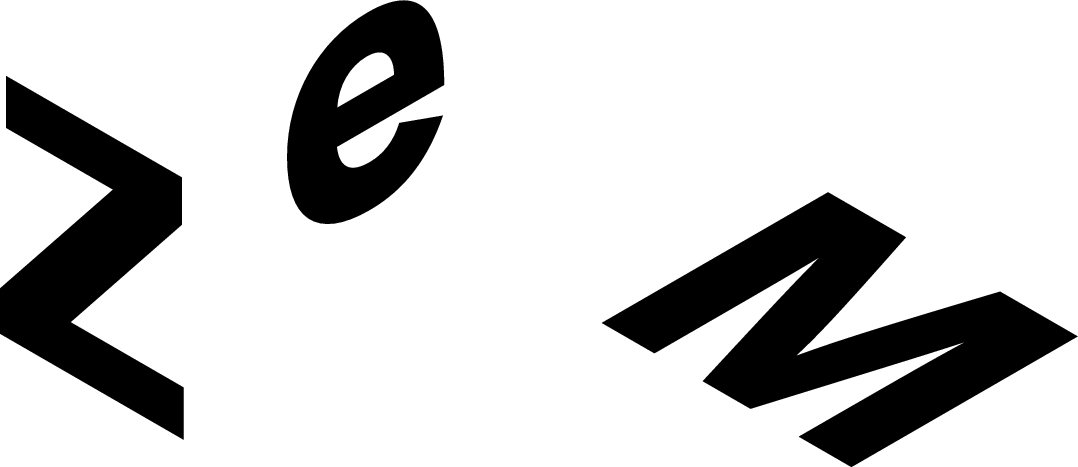Redefining Televisuality: Programmes, Practices, Methods
ECREA Television Section Conference 2023
- Datum / Dauer:
- 25. – 27.10.2023
- Location:
- Film University Babelsberg KONRAD WOLF
Marlene-Dietrich-Allee 11
14482 Potsdam
Download Detailed Programme
Download Book of Abstracts
Keynotes
John T. Caldwell: "Televisuality in the Platform Era?: Golden Ages, Industry Stress Research, and Collateral Damage"
John T. Caldwell, MFA, PhD, is Distinguished Research Professor of Cinema and Media Studies at UCLA. His awards include the career Outstanding Pedagogy Award from SCMS in 2018; NEA Fellowship (1979, 1985); Bauhaus University/Weimar Fellow (2012), and Annenberg Senior Fellow (2012). https://www.tft.ucla.edu/blog/2011/09/09/faculty-john-caldwell/
Dr. Karin van Es: "(Re)Claiming Television: Myths and Horseless Carriages"
Karin van Es is associate professor of Media and Culture Studies and project lead Humanities Data School at Utrecht University. Her research interests include the transformation of television and the datafication and algorithmization of culture and society. https://www.uu.nl/staff/kfvanes
Televisuality, as theorised by John T. Caldwell in 1995, allows for a holistic view on the unique properties of television as industrial product, technology, aesthetic form, and object of cultural discourse and audience engagement. The concept of televisuality designates a system of business conditions, styles, ideologies, cultural values, modes of production, programming and audience practices that make up television as a medium within a specific historical and geographical context.
The ECREA Television Studies section's 2023 conference will discuss how the term can be redefined within the contemporary context, where broadcast is transformed and complemented by streaming, where social networks are increasingly becoming video-based social media, where television texts are “unbound” and float as remixed cultural artefacts across channels, platforms, and media, and where the transnational interconnections of the television and audiovisual industry, the conditions of economic and social crisis, and the changing audience practices are thoroughly transforming the medium.
USA networks’ competition with cable and their fight for economic survival gave rise to Caldwell's original concept of televisuality as a strategy for the medium's resistance. Today, broadcast television competes with streaming and social media platforms in every country, which in turn make use of properties of televisuality in their aesthetics, economies, and production. At the same time, and in part propelled by this competition, serial narration, formerly a product of traditional television, experiences a golden age, with more high-end series produced than ever before. It can be argued that televisuality persists through the popularity of serial narration and production. But it is not only high-budget series that exhibit properties of televisuality. New forms of televisuality circulate transnationally in entertainment formats from UK, the Netherlands, Korea or Israel as well as in long-running serial fare from Nordic countries, European major continental markets, Turkey or Latin America. Entertainment, serial fiction, live broadcasts, news, sports and other televisual events as well as audiences’ modes of engaging with audiovisual content across geographical and platform borders, all work to redefine the essence of televisuality.
For Television Studies the concept of televisuality provides a rich and ever changing prism for the analysis of its objects of study, as well as a constant challenge to our definition of the essence of TV as a medium and the question of how we can approach it both theoretically and methodologically. Therefore, the ECREA Television Studies section's conference also seeks to engage with questions of theory and methodology that are unique to the field and apt for defining, understanding and exposing televisuality within contemporary digital screen media contexts.
Organisation & Contact
The conference is jointly organised by the ECREA Television Section’s management team, Catherine Bengesser, Deborah Castro & Luca Barra and the local hosts Susanne Eichner and Lisa Plumeier at Film University Babelsberg KONRAD WOLF.
- Contact conference host: tv.conference(at)filmuniversitaet.de
- Contact ECREA TV section: cbengesser(at)cc.au.dk
Prof. Dr. Susanne EichnerMore information: Prof. Dr. Susanne Eichner Professor in Analysis and Aesthetics of audiovisual Media
Lisa PlumeierMore information: Lisa Plumeier Academic Assistant Media Studies & Digital Media Culture

![[Translate to englisch:] (opens enlarged image) [Translate to englisch:] (opens enlarged image)](/fileadmin/_processed_/9/1/csm_Televisuality_Banner_v2_17042d4d64.png)



